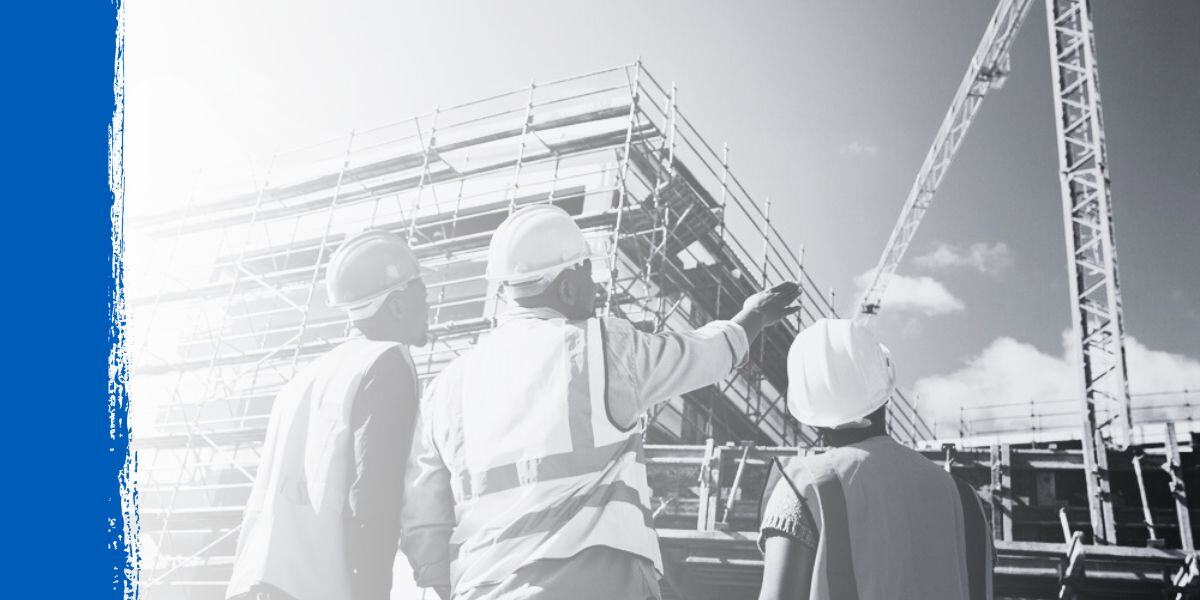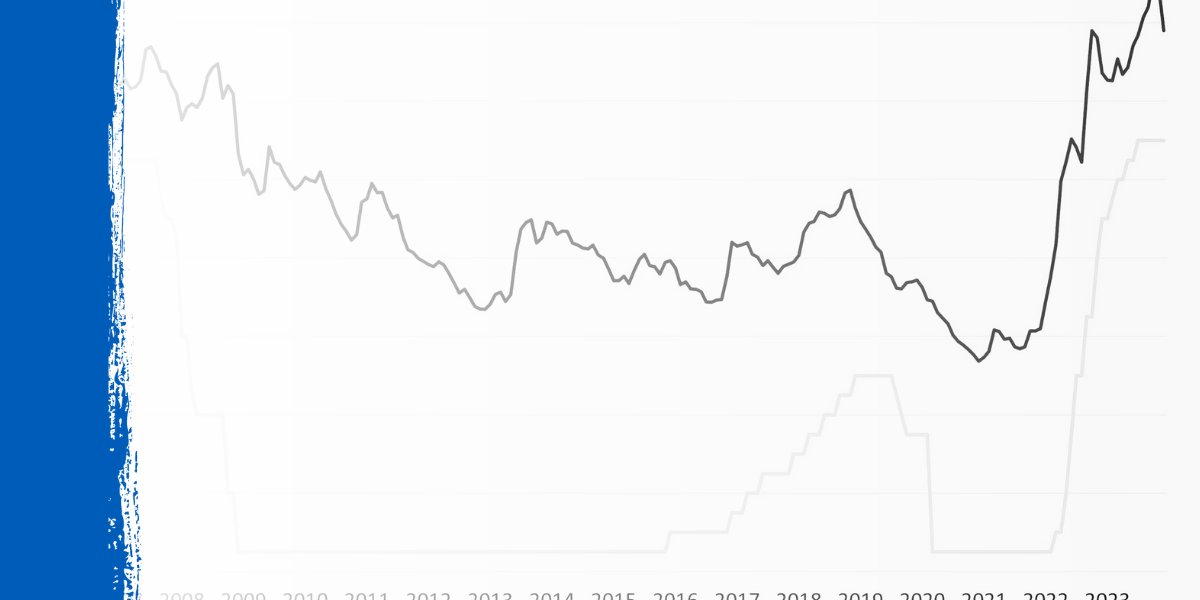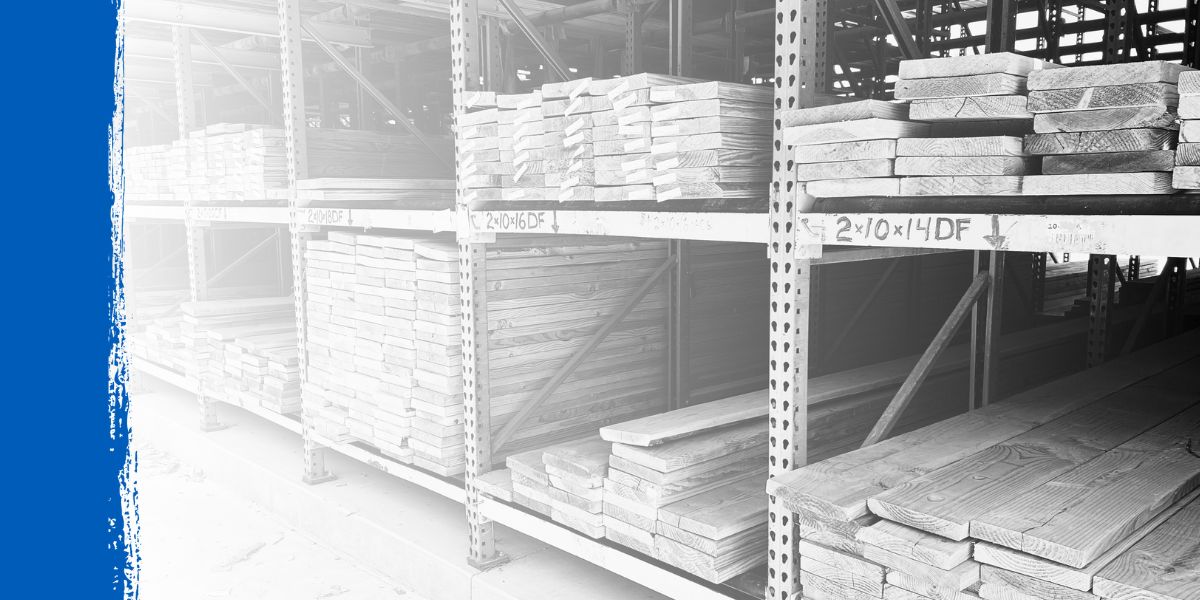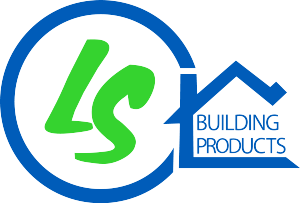As a Central Illinois contractor or owner-builder, you must keep up-to-date with the latest changes to building codes.
Illinois has its own statewide building code, outlined in Public Act 103-0510. This altered the Capital Development Board Act to require statewide building codes starting January 1, 2025. That said, local governments may release its own revised versions of this code.
Updated Aurora City Building Codes
Aurora City Council is expected to approve new building codes. The city is currently using codes from 2015 and they’re updating the codes to reflect industry changes, such as new construction equipment and technology. These new codes will go into effect on January 1, 2026.
Implementation of Revised Codes
For any Rolling Meadows builders receiving a permit after January 1, 2026, many revised building codes will apply. These include:
- 2023 National Electric Code
- 2024 International Building Code
- 2024 International Fire Code
- 2024 International Residential Code
- 2024 International Existing Building Code
- 2024 International Gas Fuel Code
- 2024 International Property Maintenance Code
- 2024 International Swimming Pool and Spa Code
- 2025 International Mechanical Code
Adoption of Revised 2021 International Codes
The International Code Council (ICC) creates model building codes for construction design, building, and compliance. The ICC codes are updated every three years, but the changes have to be implemented by local authorities, which typically happens two or more years after they are first published.
Many cities in Central Illinois, including Champaign, Urbana, and Normal, adopted the 2021 International Codes in late 2023 or early 2024, including:
- International Building Code (IBC)
- International Residential Code (IRC)
- International Existing Building Code (IEBC)
- International Mechanical Code (IMC)
- International Fuel Gas Code (IFGC)
- International Fire Code (IFC)
- International Swimming Pool and Spa Code (ISPC)
- International Property Maintenance Code (IPMC)
Other cities and counties may have not updated to the 2021 revisions at the time of writing, and the 2018 revision may remain in force. Plus, some local government bodies may have adopted building code subsets or amended versions of some regulations. Be sure to verify which building codes pertain to the area relevant to your construction project.
Changes to the International Building Code (IBC)
The International Building Code (IBC) applies to all buildings except detached one- and two-family dwellings and townhouses up to three stories in height, which are covered under the International Residential Code (IRC).
Changes in the 2021 version include, among others:
- Component and cladding wind zones must now be identified in the construction documents
- Any attachments to fire-rated steel members must now be rated for at least 12 inches away from the structural member.
- The moisture barrier must be inspected before being concealed when balconies or other walking surfaces with weather-exposed areas are present.
Changes to the International Residential Code
The 2021 International Residential Code (IRC) sets requirements for one- and two-family dwellings and townhouses and includes several significant updates from the 2018 edition. These changes aim to enhance residential construction safety, energy efficiency, and clarity.
Here are some of the key changes:
- Increased energy efficiency requirements for building envelope, mechanical systems, and lighting.
- Surge protection is now required at the service panel for all one- and two-family dwellings
- The area of a habitable attic is limited to not greater than one-third of the floor area of the story below, with an increase allowed if the dwelling unit has a fire sprinkler system
- New provisions for tiny houses to address specific challenges related to their design and construction.
- Updated requirements for safety glazing, emergency escape and rescue openings, and smoke alarms.
Changes to the International Existing Building Code
The 2021 International Existing Building Code (IEBC) introduced several significant changes from the 2018 edition. These changes aim to improve the use and reuse of existing buildings, covering aspects such as repair, alteration, addition, and change of occupancy.
Changes include:
- Three new construction types (IV-A, IV-B, and IV-C) for mass/heavy timber construction have been added, along with various amendments to fire resistance requirements to coincide with these new types
- Elevators must now provide accessible egress to occupied roofs if the building is four stories or more.
Public Act 103-0510 and the Future of Central Illinois Building Codes
Public Act 103-0510, signed into law on August 4, 2023, will introduce statewide building codes in Illinois starting January 1, 2025. The act aims to create uniformity in construction standards across the state, reduce discrepancies between local jurisdictions, and ensure that all new construction and major renovations meet safety, energy efficiency, and accessibility standards.
Under the new law, all municipalities and counties must adopt the International Building Code (IBC) for new commercial buildings, the International Existing Building Code (IEBC) for existing commercial buildings, and the International Residential Code (IRC) for residential buildings. Additionally, compliance with the National Electrical Code (NEC), Illinois Energy Conservation Code, Illinois Accessibility Code, and Illinois Plumbing Code will be required statewide.
Verifying Building Codes for Your Area
Until Public Act 103-0510 comes into force on January 1, 2025, contractors and builders must know their city or county's specific building codes and regulations. The applicable codes may vary depending on the project's location.
To ensure compliance with local building codes, it is essential to:
- Identify the governing jurisdiction: Determine whether your project falls under the authority of a city, county, or other local government entity.
- Contact the local building department: Reach out to the building department of the governing jurisdiction to inquire about the current building codes and any local amendments. Many local governments provide this information on their websites or through public records.
- Review the adopted codes: Obtain copies of the relevant building codes and study them carefully to understand the specific requirements for your project. Pay attention to any local amendments or modifications to the standard codes.
- Consult with a design professional: Consider working with an architect or architectural drafting service familiar with the local building codes. They can help you navigate the complex regulatory landscape, minimize compliance risks, and ensure your project meets all local requirements.
Buy Compliant Building Supplies from LS Building Supplies
LS Building Supplies is Central Illinois' leading wholesale supplier of building materials, with locations in East Peoria, Champaign, Pontiac, and Springfield. We offer a wide range of materials that comply with local building codes, and our knowledgeable staff is happy to provide advice and guidance.
.png?width=98&height=67&name=Logo%20(13).png)
 Central Illinois Building Code Updates for 2026" loading="lazy">
Central Illinois Building Code Updates for 2026" loading="lazy">




